As we approach the EU elections, Brussels's imperial ambitions to in practice assume issues affecting member states is intensifying. The so-called reform of the European treaties won't happen so quickly, but this is an attempt to formally change the status of the European Union. The fundamental transformation of the Bloc has now officially begun, at least that's what Bronislaw Wildstein says.
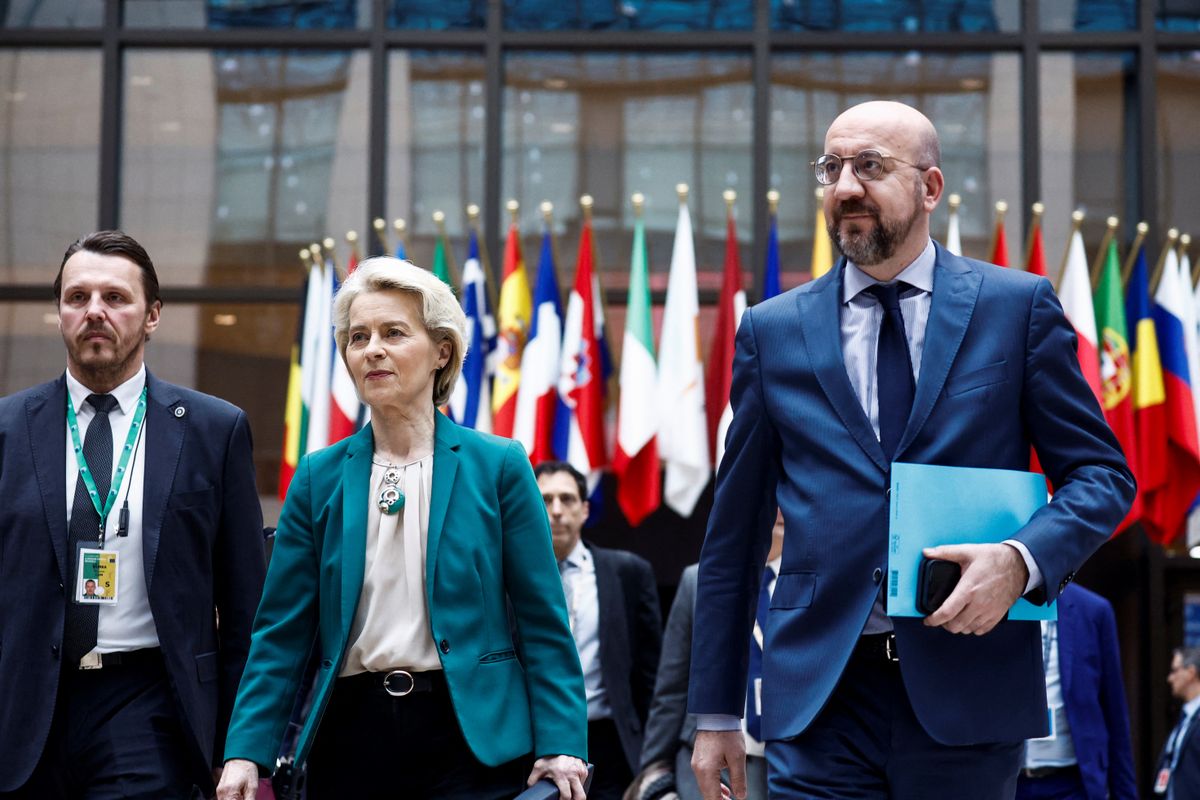
If you were to label this nascent creation, you would have to use the term neo-imperialist. European Union practices have been moving in this direction for some time. There is a center of governing consisting on the one hand of an alliance of the most powerful states, with the predominance of one in particular, Germany, and then France, which constantly dreams of being Berlin's equal partner. On the other hand, by agreement this center also involves Europe's ideological and business oligarchies in the exercise of power,
the writer said. Countries falling outside the Franco-German axis would be on the periphery, which satisfies the interests of the central powers - that is Brussels's goal for the years ahead. He believes that the ideology of Brussels today is
hostile to what exists now, and to traditional forms of human existence, that is, to all identities: religious, civilizational, cultural, national, family and most recently gender identity. Its aim is to transcend all national forms, to overcome cultural differences and to create an unknown new world.
He cited the European Green Deal as an example, which Brussels believes it can use to shape the climate. "In order to implement these plans, those in power must of course gain complete control over every aspect of European existence. This shows, yet again, that ideology has always been the perfect instrument of totalitarian power."
As Magyar Nemzet has reported on several occasions in recent weeks, farmers in EU member states are increasingly outraged that Brussels is slowly stangling them with various measures. The biggest protests have been in Poland.
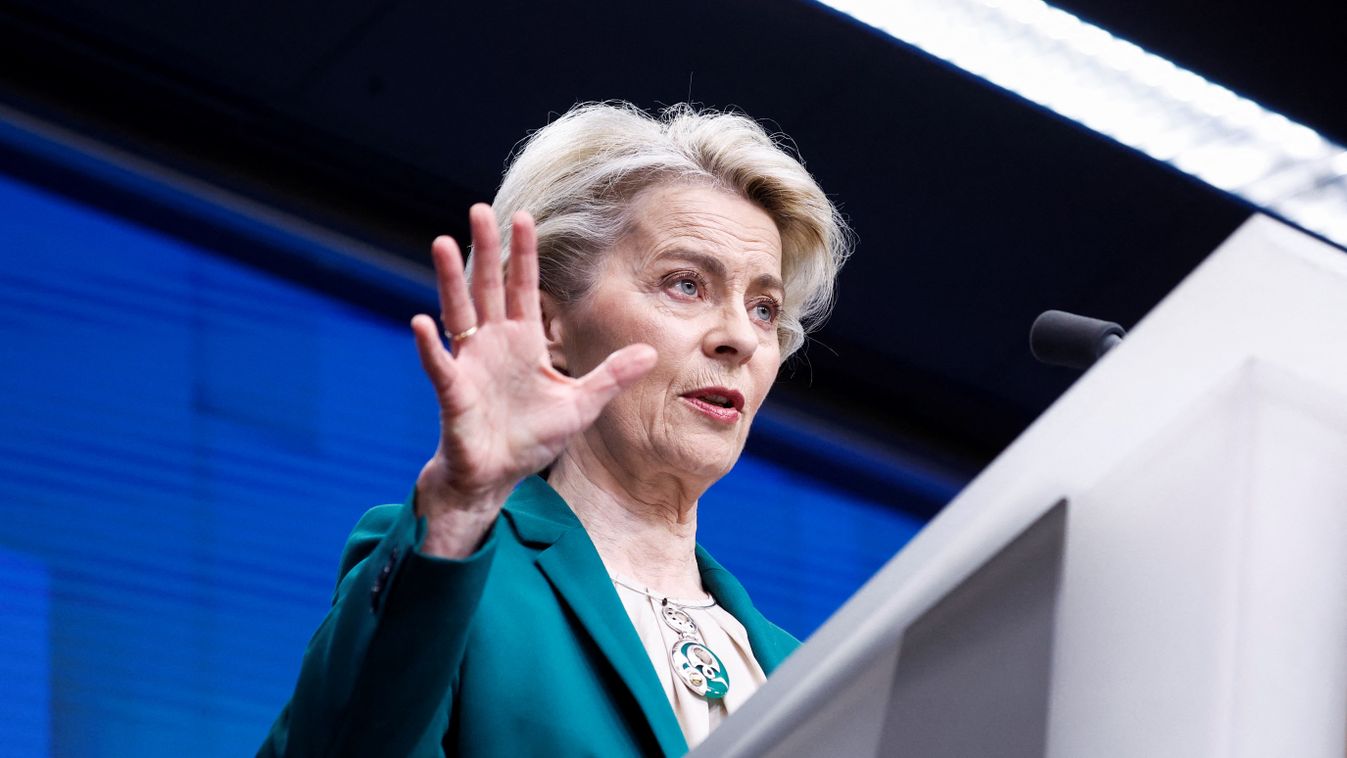
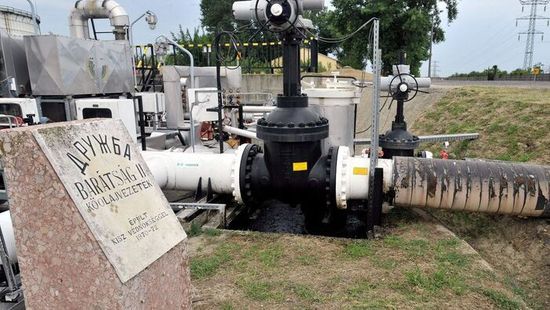
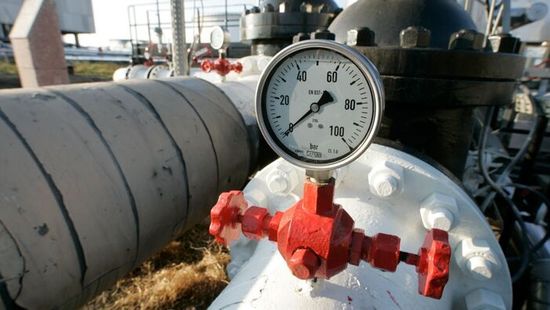
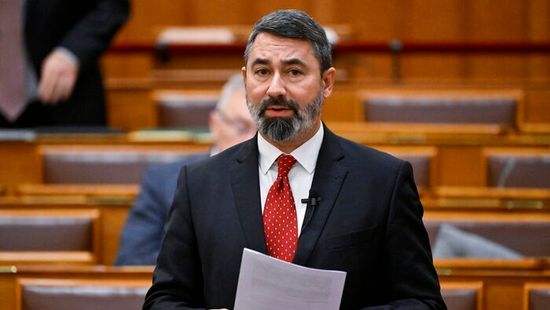
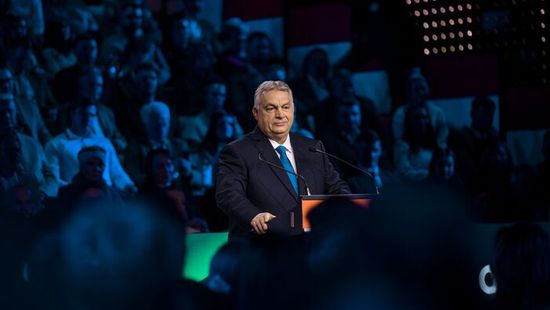

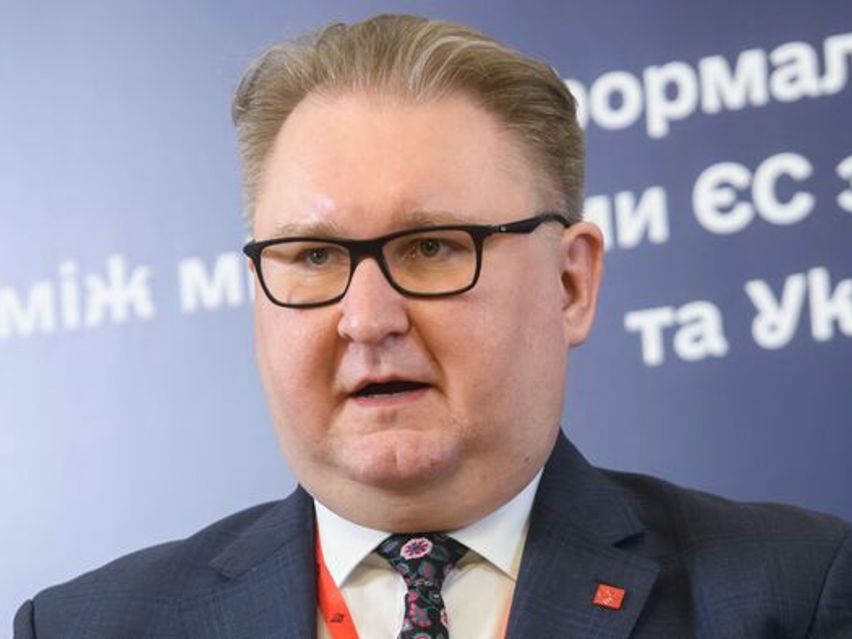

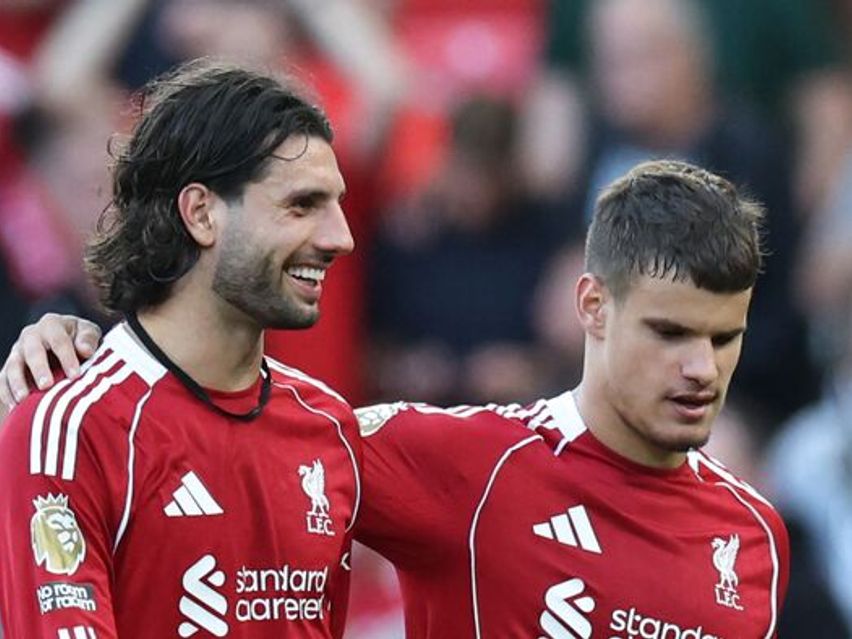
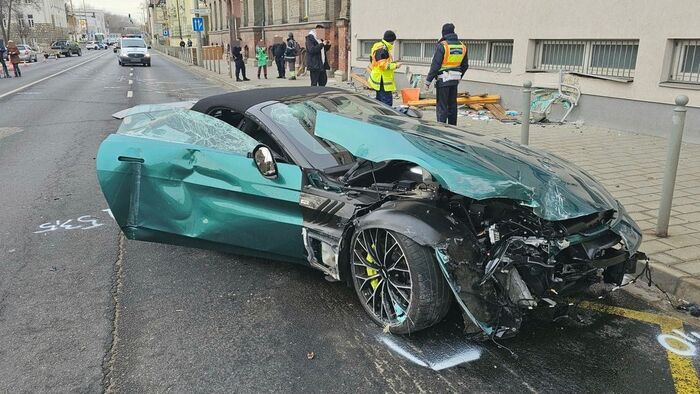

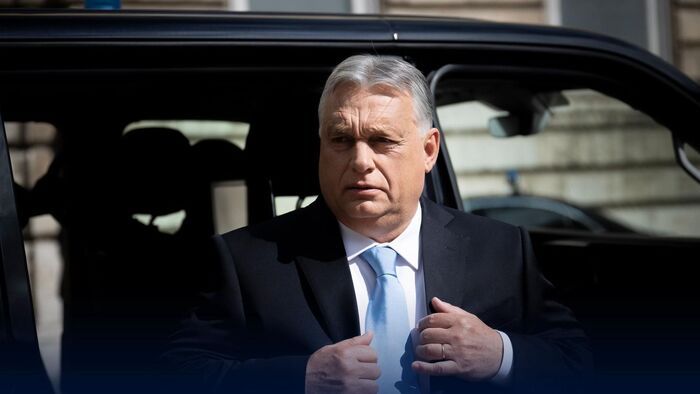
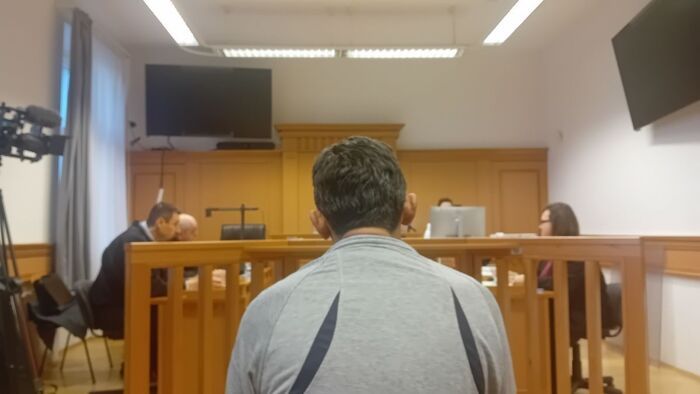

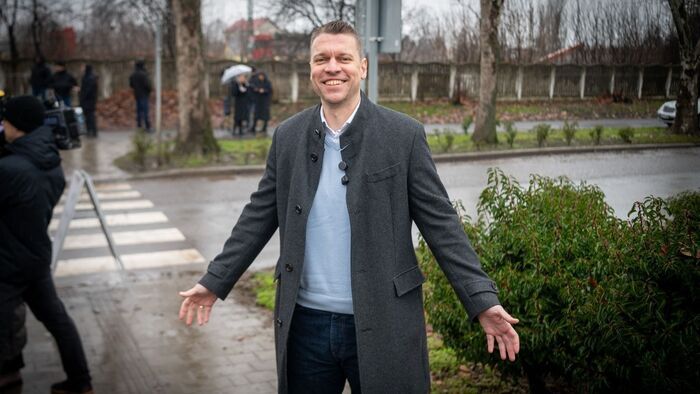
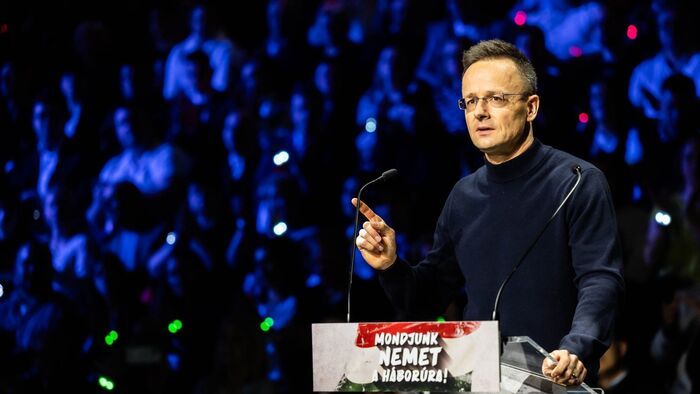
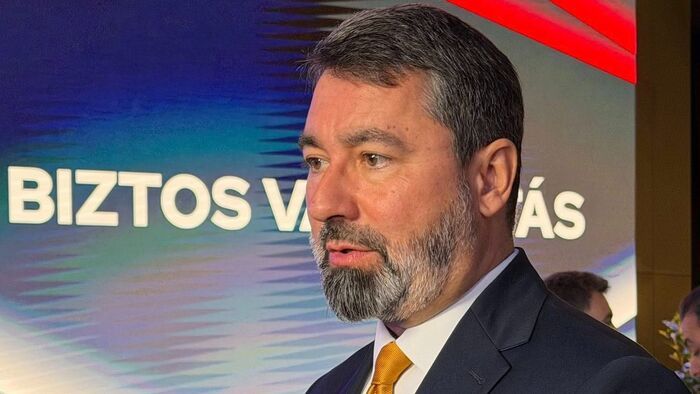
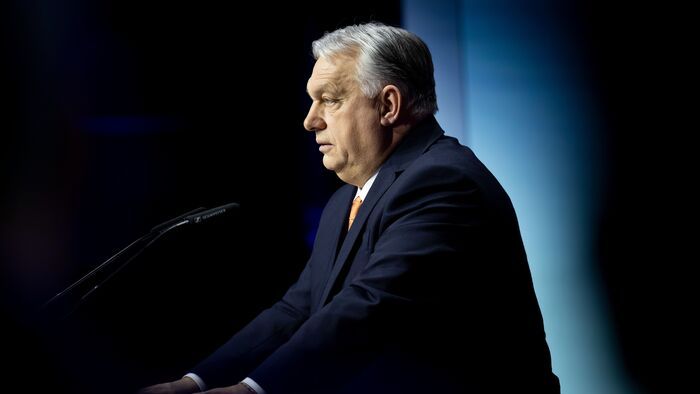

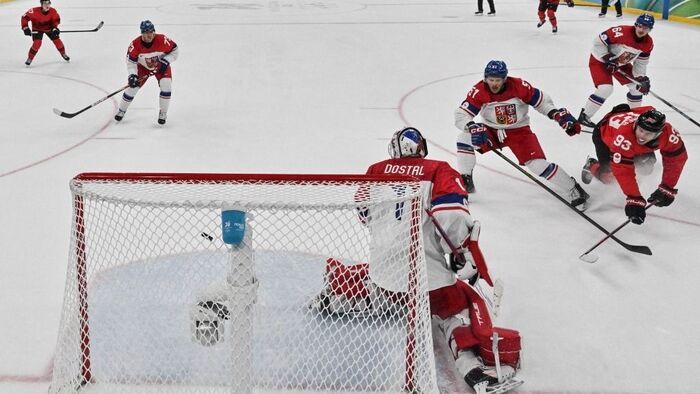



Szóljon hozzá!
Jelenleg csak a hozzászólások egy kis részét látja. Hozzászóláshoz és a további kommentek megtekintéséhez lépjen be, vagy regisztráljon!